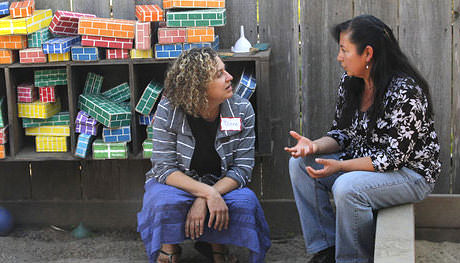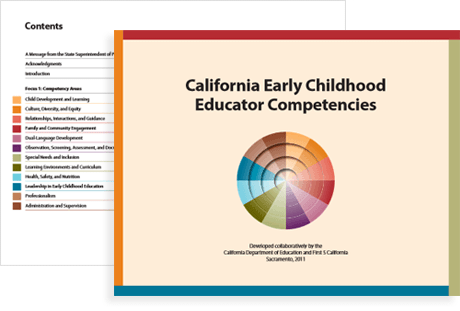When your work is informed by multiple perspectives, you have richer experiences, build stronger relationships, and deepen mutual understandings. Listening to others who have different perspectives can nudge you to reconsider your daily practice and worldview, and recognize and challenge your biases. They can also lead to shared inquiry. Finding areas in which you can collaborate with others is a great way to uncover and experience different perspectives. With CompSAT by your side, you may be inspired to seek the perspectives of the children, families, and colleagues in your program and beyond.

As an early childhood practitioner, you may sometimes find that different cultural values and practices conflict with the image of children as capable and resourceful. They may also conflict with standard early childhood practices that promote development of children's independence and self-help.
Use this template to record your observations, thoughts, and feelings. Download the Template
Deepen your understanding of the Topic: Culturally and linguistically inclusive communication and practices in Performance Area 3 in the CA ECE Competencies. Scroll to page 26.
Can you find other places in this competency area that address your interests and needs?

In her article, "Bringing Chopsticks to China," Lynn Farrell says "all differences need to be discussed." She describes how conflicts over different views of feeding children were explored through listening and perspective taking, rather than with judgment.